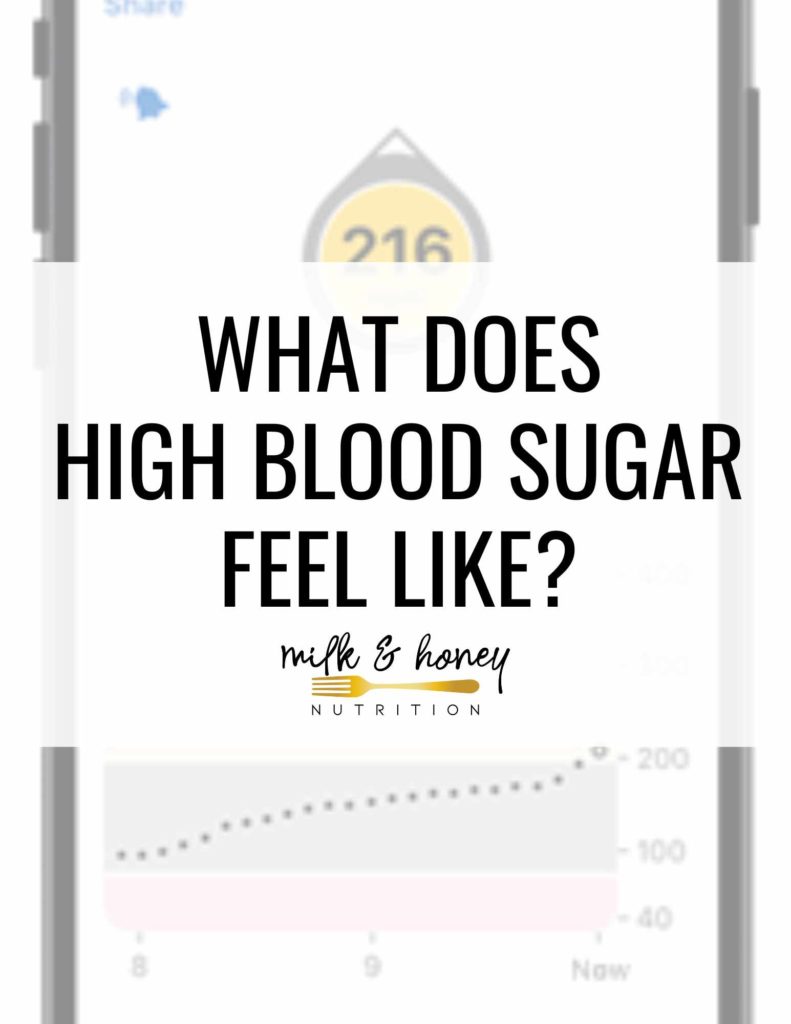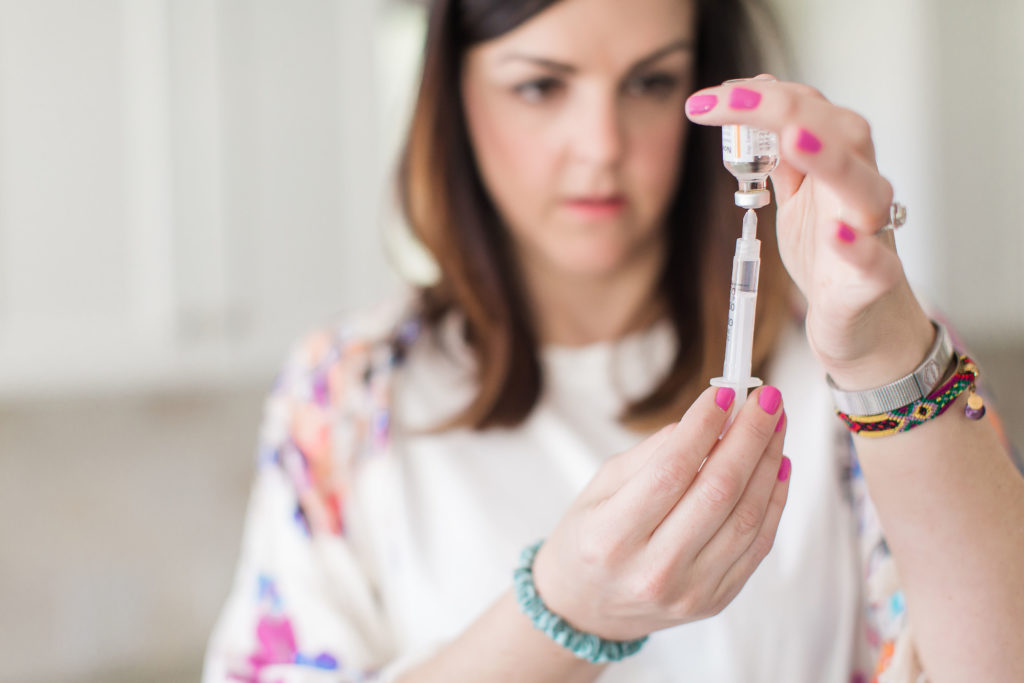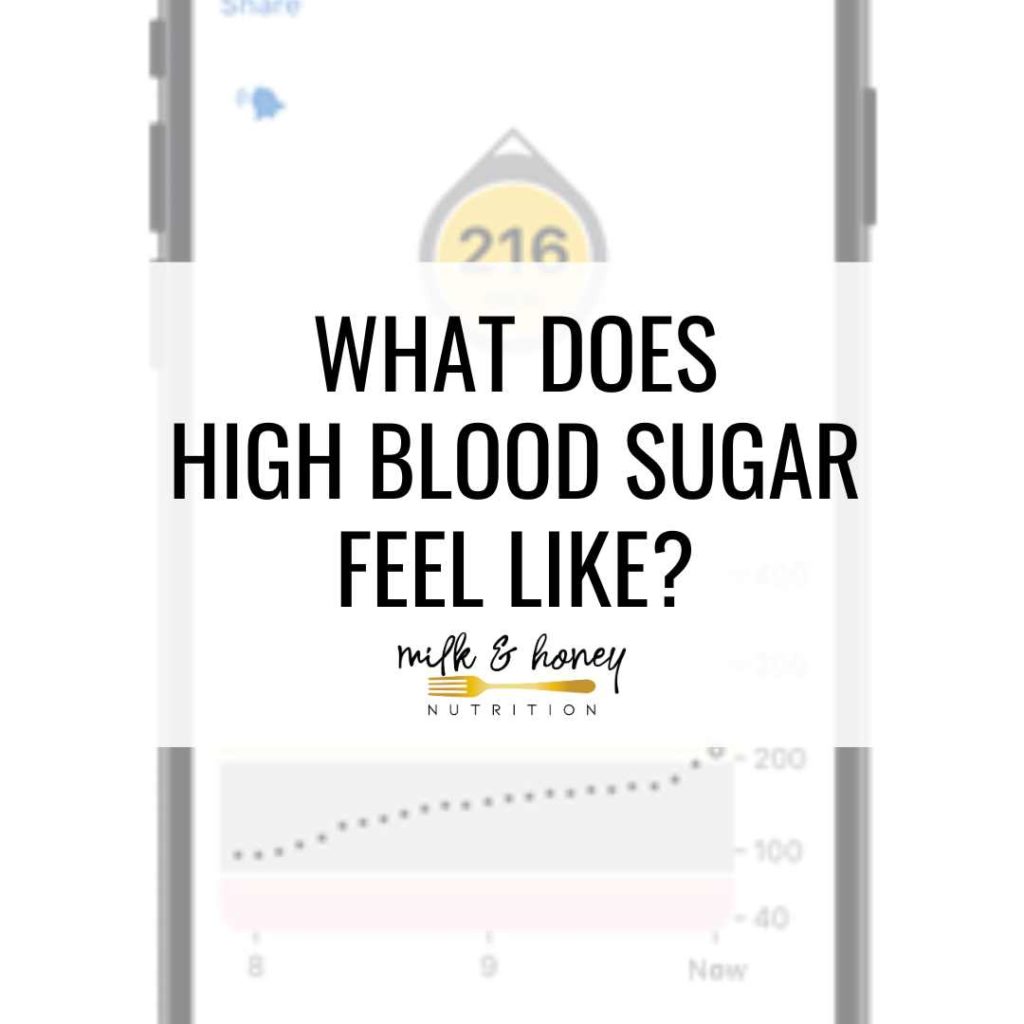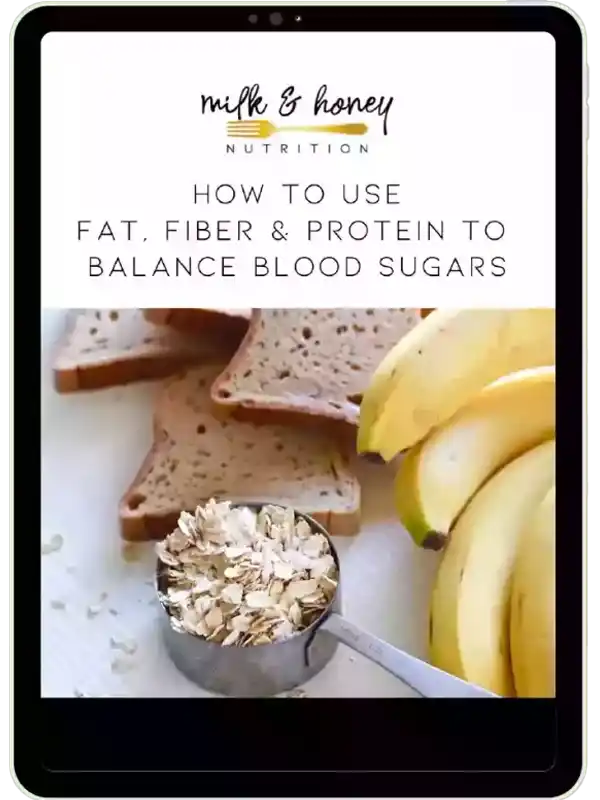
Have you ever wondered what does high blood sugar feel like?
If you are living with diabetes or another medical condition that impacts your blood sugar, you’ve likely experienced a high blood sugar at some point whether you realized it or not. So, what does high blood sugar feel like?
What is high blood sugar?
High blood sugar refers to blood glucose values that are above a desirable range. High blood sugar has a number of different causes, and can lead to unpleasant symptoms. Sometimes, however, people can live with high blood sugar for long periods of time without any symptoms. This is one of many reasons why it’s important to see your doctor for regular annual checkups and bloodwork.
Hyperglycemia levels
The medical term for high blood sugar is hyperglycemia. Hyperglycemia often means you have diabetes, either diagnosed or undiagnosed depending on the situation. But, other health conditions can cause temporary hyperglycemia as well.
Hyperglycemia is defined as a blood glucose value:
- >125mg/dL fasting
- >180 mg/dL two hours after eating
What does a high glucose level mean?
A high blood sugar value can mean a lot of different things…
- Your body is fighting an illness
- Your pancreas can’t make enough insulin
- You have diabetes
- You did not give yourself enough insulin for your food
Causes of high blood sugar
A high blood sugar can have many different causes:
- Undiagnosed diabetes
- Dawn phenomenon
- Somogyi effect
- Taking oral steroids
- Being sick
- Not taking enough insulin
- Not being as active as normal
- Physical stress
- Emotional stress
Symptoms of high glucose
Symptoms of high glucose aren’t always present. Some people can experience high blood sugar levels without ever noticing any symptoms. This happens more often when prediabetes or type 2 diabetes develops slowly over time. The gradual rise in blood sugars over months or even years may cause people to not notice any symptoms until blood sugars are very high consistently.
A rapid rise in blood sugar levels, however, will more often lead to unpleasant symptoms sooner.
What are symptoms of high blood sugar?
What does high blood sugar feel like? Symptoms of high blood sugar can include any of the following:
- Dry itchy eyes
- Nausea
- Headache
- Extreme thirst
- Frequent urination
- Appetite changes
- Dry mouth
- Unexplained fatigue
Can you feel your blood sugar go up?
Some people can feel their blood sugar going up based on the symptoms listed above. Personally, I can typically tell my blood sugar is rising if I am having trouble sleeping or if my mouth starts to get dry for no reason.
My personal experience with high blood sugar symptoms
I’ve been living with type 1 diabetes since I was 5 years old, and the symptoms I experience with high blood sugars have changed over the years. I used to be able to tell my blood sugar was rising by how thirsty I was. This was before CGMs (continuous glucose monitors) existed and we had to rely on finger stick values taken 4-5 times throughout the day.
Technology has improved over the years and allowed diabetes and blood sugar management to be more fine tuned. With the introduction of CGMs, insulin pumps, and integrated systems, I’m able to manage my blood sugars tighter (less highs and lows). This means my body notices changes in blood sugar levels more intensely than before. So now, when my blood sugar goes high not only do I have trouble sleeping, but I also sometimes get migraines and feel nauseous as well.

What does a high blood sugar headache feel like?
Headaches are one of the most common symptoms of a rising blood sugar or prolonged high blood sugar. They are often associated with chronically high blood sugar levels, rather than acute short term high blood sugars. These can present as a standard headache in the front of the head (behind your forehead) or be felt elsewhere.
Often with undiagnosed diabetes, headaches will build gradually overtime and may not be noticed right away. Pay attention to any changes in how you feel, especially if you are at risk of developing diabetes.
What does high blood sugar feel like after eating?
Acute high blood sugar after eating a large meal or not taking enough medication/insulin for that meal can cause different symptoms than chronic high blood sugar.
Acute (short term) hyperglycemia may cause unexplained hunger after having just eaten, increased appetite, nausea, excessive thirst, and fatigue.
When does high blood sugar become dangerous?
Elevated blood sugar regardless of the degree is not good for our bodies. But, if blood sugars remain under 250mg/dL, it is typically ok to wait for a call back from your doctor or schedule an appointment to be seen by your doctor in the near future. In other words, it’s not an immediate emergency.*
If blood sugars start to rise above 250mg/dL and are not responding to treatment though, it’s time to call your doctor and find out if you need to head to the hospital emergency room or urgent care. This is because ketones can develop most often when blood sugars rise above 250mg/dL and you may be at risk for a life threatening condition called DKA (diabetic ketoacidosis).
How to bring high blood sugar levels down
If you are living with diabetes, follow your doctor’s instructions when your blood sugar levels are high.
Some strategies recommended by your doctor might include:
- Take a correction dose of insulin
- Go for a light to moderate walk
- Drink plenty of water or fluids
- Seek emergency medical help if blood sugars remain elevated above 250mg/dL for long periods of time.
- Eat foods that promote stable blood sugars
For more information on what does high blood sugar feel like and managing blood sugar levels, check out our Diabetes 101 resources.
*This blog post is not intended to provide medical advice, diagnosis, opinion, treatment or services. This article and the links contained in it provide general information for educational purposes only. The information provided in this article is not a substitute for medical care. It should not be used in place of the advice of your physician.






